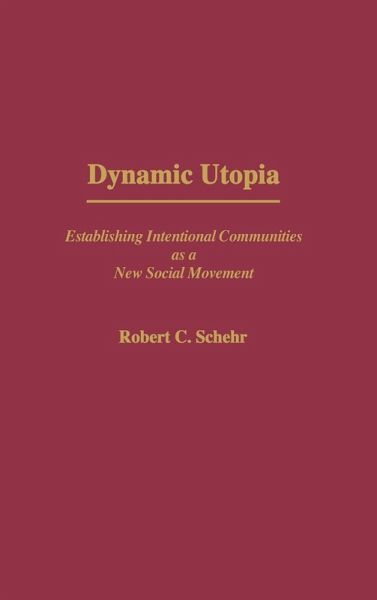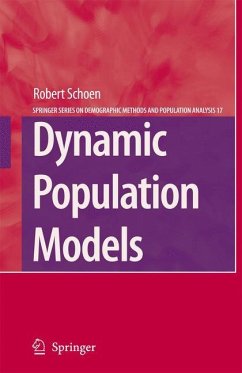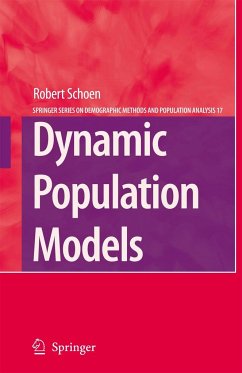
Dynamic Utopia
Establishing Intentional Communities as a New Social Movement
Versandkostenfrei!
Versandfertig in 1-2 Wochen
61,99 €
inkl. MwSt.

PAYBACK Punkte
31 °P sammeln!
Dynamic Utopia articulates a significant theoretical alternative to contemporary social movement theory. In opposition to linear conceptualizations of movement (birth, growth and decay), characteristic of classical and most contemporary social movement theory, the author posits an interpretation of subaltern resistance that attempts to capture its eternal qualities. Through the application of chaos theory ^IDynamic Utopia^R seeks recognition of the persistence of resistance hovering within civil society, modes of resistance not necessarily involving overt expressions of conflict, the amassing ...
Dynamic Utopia articulates a significant theoretical alternative to contemporary social movement theory. In opposition to linear conceptualizations of movement (birth, growth and decay), characteristic of classical and most contemporary social movement theory, the author posits an interpretation of subaltern resistance that attempts to capture its eternal qualities. Through the application of chaos theory ^IDynamic Utopia^R seeks recognition of the persistence of resistance hovering within civil society, modes of resistance not necessarily involving overt expressions of conflict, the amassing of resources, or the establishment of representative organizations. To that end, it is argued that contemporary intentional communities are indicative of a social movement, seeking as they do a progressive redefinition of fundamental aspects of politics, economics, and culture. The author's research proceeds by identifying the multiple ways in which intentional communities signify innovations in living, seeking to redefine the experiences of childcare, sex, love, play, conflict resolution, work, cohabitation, food production and distribution, environmentally conscious living, and spirituality. Intentional communities are, it is argued, laboratories for what is possible in the humane development of political, economic, and cultural relations. Analyses are primarily of American intentional communities, with references to communities in Italy and Mexico.












